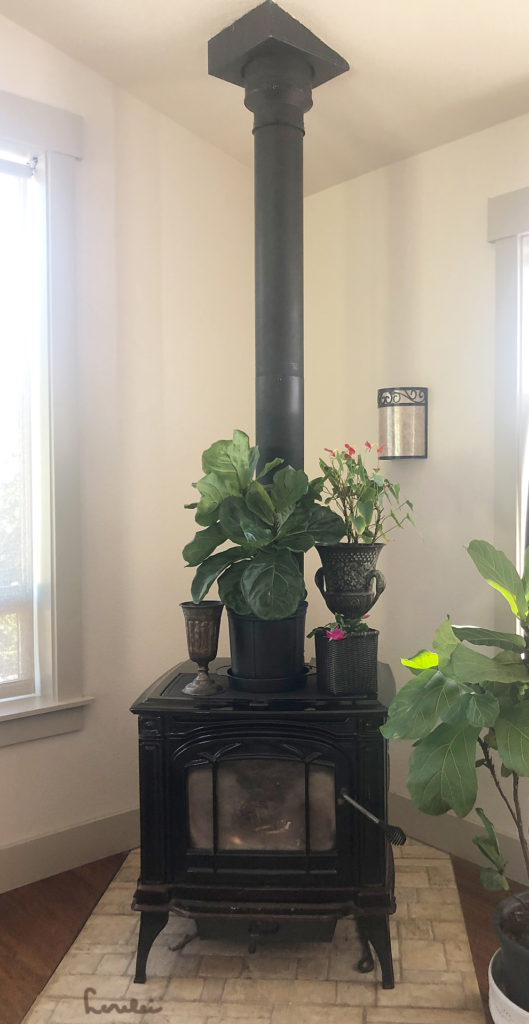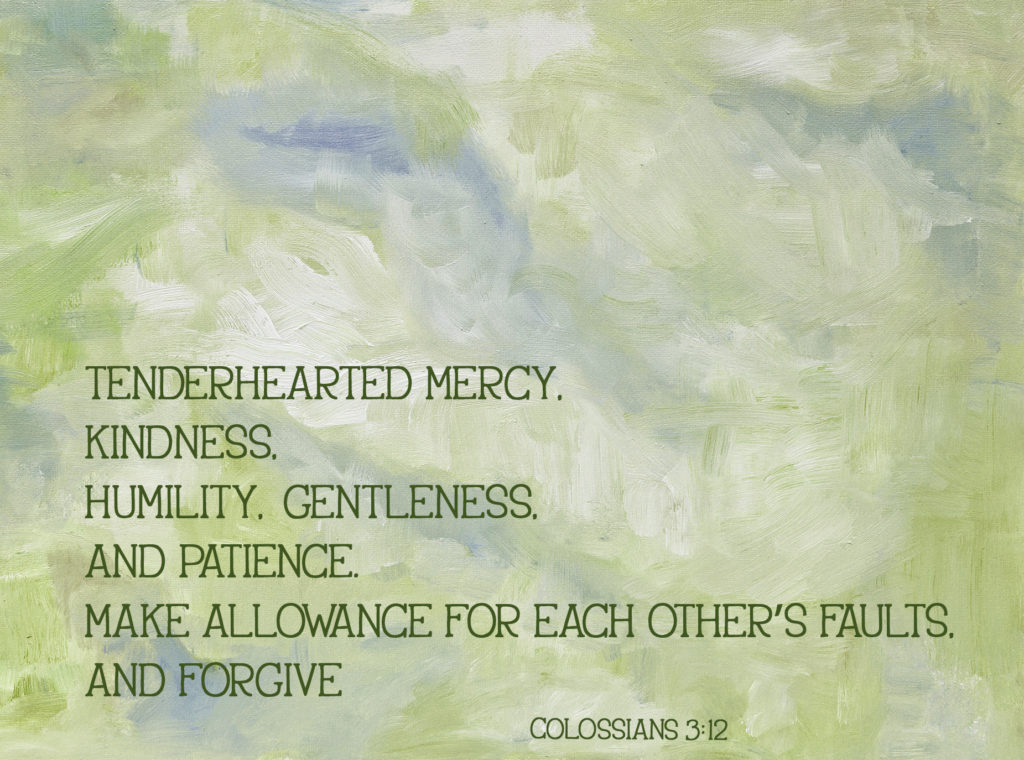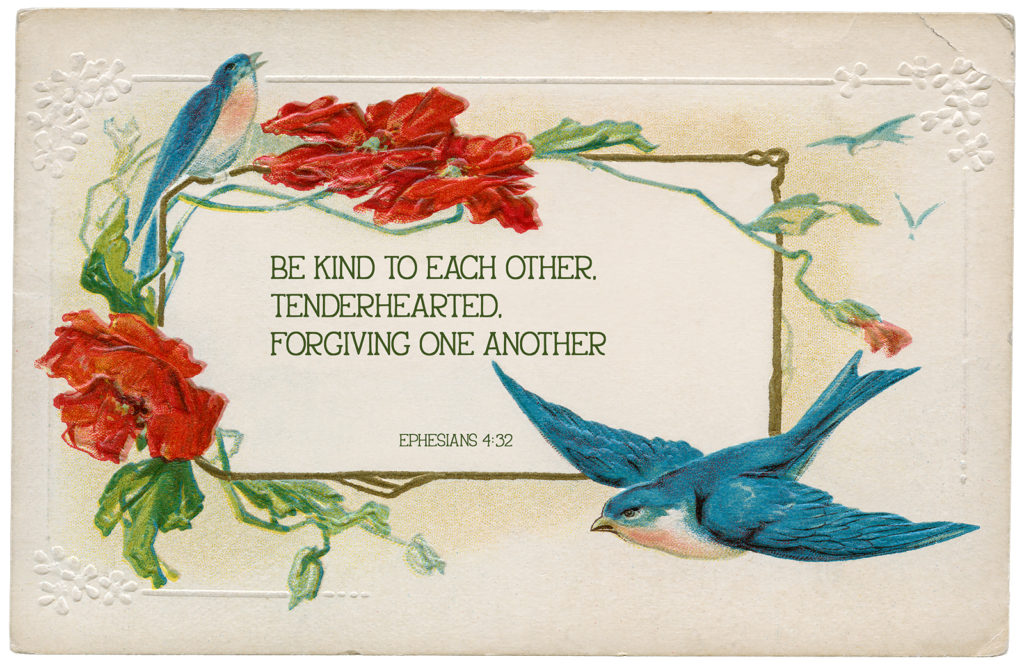 I was awakened early one morning recently by rustling sounds coming from the living room. Uh Oh. I immediately knew the source of the sound and I cringed. A couple of years ago we had heard the same sound. It turned out to be a bird stuck in the woodstove chimney pipe. That bird had finally managed to wiggle through the maze of baffles and end up in the woodstove itself so we could let it out. But here we were again. . . some poor bird trapped and franticly beating its wings trying to escape. But it was impossible to fly up the narrow pipe. The only hope was to squeeze through a very, very tight space into the stove. So we listened and hoped. After all, one bird had done it, maybe this one would, too. To our surprise, between the wing rustles we began to hear chirping. How could a trapped bird manage to make such melodious sounds? I suddenly understood why people keep pet birds. The sound was lovely and if I hadn’t known the plight of the poor bird, I would have enjoyed it. All day there were alternate rustlings and chirps. My heart was heavy. By night, the sounds had stopped and with sad hearts we assumed the inevitable had happened. It hadn’t been able to squeeze into the stove box and it was dead. You can imagine my shock when I was awakened the second morning by rustles. We were heart sick. We couldn’t believe it had survived more than 24 hours without food or water. We didn’t want it to suffer any more. It was clear it couldn’t make into the stove. Breakfast didn’t taste good. We had to do something. Poor Husband was not wanting to try to take the stove pipe apart because it had been a terrible job to install it in the first place. Even if he was able to get it apart, it would damage it in the process and he didn’t know if he could get it back in place given the difficulty installing it when he built the house. But he agreed to try for the sake of the bird. He climbed up and took screws out. Then he tried to loosen the lower section of pipe. It didn’t budge. So our last resort was to kill the bird quickly by asphyxiation. He built a smoky fire with some paper. Within a couple of seconds the sounds stopped. The poor bird was out of its misery. Now he built a real fire to burn up the little body to clear the stove pipe. But wait! The whole house was filling with smoke! The pipe was completely blocked. How could one little bird body block off the whole pipe?! Suddenly Husband thought of a different way of taking the pipe apart. In a few minutes he had it apart, and saw the source of the blockage. He called me over. There, on a pile of creosote that the busy wings had cleaned off the wall of the pipe, was not one, but a pair of beautiful bluebirds resting peacefully in death. They were side by side, face to face with closed eyes as if the last thing they had seen was each other’s faces. They had gone through the hardship of being trapped together. They had talked to each other, encouraged each other not to give up and had been there for each other to the very end. They had died together in peace. I said to dear Husband with tears, I hope we get to die like that.
I was awakened early one morning recently by rustling sounds coming from the living room. Uh Oh. I immediately knew the source of the sound and I cringed. A couple of years ago we had heard the same sound. It turned out to be a bird stuck in the woodstove chimney pipe. That bird had finally managed to wiggle through the maze of baffles and end up in the woodstove itself so we could let it out. But here we were again. . . some poor bird trapped and franticly beating its wings trying to escape. But it was impossible to fly up the narrow pipe. The only hope was to squeeze through a very, very tight space into the stove. So we listened and hoped. After all, one bird had done it, maybe this one would, too. To our surprise, between the wing rustles we began to hear chirping. How could a trapped bird manage to make such melodious sounds? I suddenly understood why people keep pet birds. The sound was lovely and if I hadn’t known the plight of the poor bird, I would have enjoyed it. All day there were alternate rustlings and chirps. My heart was heavy. By night, the sounds had stopped and with sad hearts we assumed the inevitable had happened. It hadn’t been able to squeeze into the stove box and it was dead. You can imagine my shock when I was awakened the second morning by rustles. We were heart sick. We couldn’t believe it had survived more than 24 hours without food or water. We didn’t want it to suffer any more. It was clear it couldn’t make into the stove. Breakfast didn’t taste good. We had to do something. Poor Husband was not wanting to try to take the stove pipe apart because it had been a terrible job to install it in the first place. Even if he was able to get it apart, it would damage it in the process and he didn’t know if he could get it back in place given the difficulty installing it when he built the house. But he agreed to try for the sake of the bird. He climbed up and took screws out. Then he tried to loosen the lower section of pipe. It didn’t budge. So our last resort was to kill the bird quickly by asphyxiation. He built a smoky fire with some paper. Within a couple of seconds the sounds stopped. The poor bird was out of its misery. Now he built a real fire to burn up the little body to clear the stove pipe. But wait! The whole house was filling with smoke! The pipe was completely blocked. How could one little bird body block off the whole pipe?! Suddenly Husband thought of a different way of taking the pipe apart. In a few minutes he had it apart, and saw the source of the blockage. He called me over. There, on a pile of creosote that the busy wings had cleaned off the wall of the pipe, was not one, but a pair of beautiful bluebirds resting peacefully in death. They were side by side, face to face with closed eyes as if the last thing they had seen was each other’s faces. They had gone through the hardship of being trapped together. They had talked to each other, encouraged each other not to give up and had been there for each other to the very end. They had died together in peace. I said to dear Husband with tears, I hope we get to die like that.
All this got me to thinking about unity. I want my life to be characterized by cooperation and support for my mate. I want our lives to look like that picture of solidarity in life and death. But it turns out it isn’t easy to be unified. That’s why Scripture has a lot to say about it.
Humility, gentleness, and patience are required for living in harmony. Not one of us is up for that challenge without help. Fortunately, Jesus is our example. He described himself as humble and gentle in Matthew 11:27 and his Spirit helps us live like him day by day.
“Always be humble and gentle. Be patient with each other, making allowance for each other’s faults because of your love. Make every effort to keep yourselves united in the Spirit, binding yourselves together with peace.” Ephesians 4:2-3
One translation says, “gentle behavior, putting up with…..” Or “…with patience accepting one another in love..” Or “showing tolerance for one another in love.”
It isn’t automatic or easy! It takes intentional effort to be one. Here are the ways different translations express the effort it takes:
Taking care to keep the harmony
Make an effort to preserve the unity
Do your best to preserve the unity
Eager to maintain the unity
Be diligent to guard
Make every effort to continue together
Try your best to remain as one
Make every effort to keep yourselves united
“Since God chose you to be the holy people he loves, you must clothe yourselves with tenderhearted mercy, kindness, humility, gentleness, and patience. Make allowance for each other’s faults, and forgive anyone who offends you. Remember, the Lord forgave you, so you must forgive others. Above all, clothe yourselves with love, which binds us all together in perfect harmony.” Colossians 3:12-14
In any relationship, it’s easy to get offended (and to offend). The ways the other person makes you feel small, less than, and rejected build up a wall one inconsiderate word at a time. . . unless we deliberately and against our selfish human nature choose to forgive. This is especially true in the marriage relationship. Forgiveness is required if we’re to be unified. If we don’t forgive, we’ll hide behind the wall of offenses to protect ourselves, but then we can’t play as a team. May I just point out that forgiving is not the same as ignoring? It may be necessary to bring the offense to the offender’s attention. But if we haven’t forgiven first, the encounter will have a bitter taste to the offender and he will become defensive preventing any real change. The conversation will be confrontational instead of transformational. 
Isn’t it funny how we always give ourselves the benefit of the doubt, but are quick to condemn our friends and spouses? We were crabby because we were in pain, they were crabby because they’re a grouchy person. We dominated the conversation because we had something important to say that they needed to hear. They dominated the conversation because they had to prove they were right. We turned down their invitation because we didn’t have the emotional energy to participate. They turned down our invitation because they wanted to be in control. We’re very understanding of our own motivations but clueless about the motivations of others because we’re not in their skin. We can’t know what’s going on in their minds because we aren’t them, we haven’t had the life experiences they have had, or the mental and physical limitations they may have. The best approach is to “make allowance for each other’s faults” as Scripture commands. Being tolerant, accepting, bearing with, putting up with, getting along. Not finding fault. Not condemning. Not being offended and taking it personally. Understanding they are broken and we’re also broken, just in different ways. Believing there are reasons for their behavior and trying to understand why they’re acting that way. But whether or not we ever understand, we forgive.
Recipe for unity: humility, gentleness, patience, tenderness, making allowance for each other’s faults because of love, kindness, forgiveness
“be kind to each other, tenderhearted, forgiving one another, just as God through Christ has forgiven you.” Ephesians 4:32